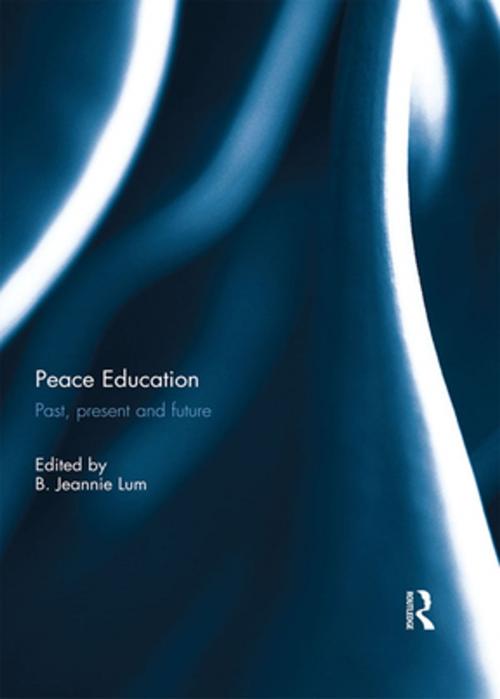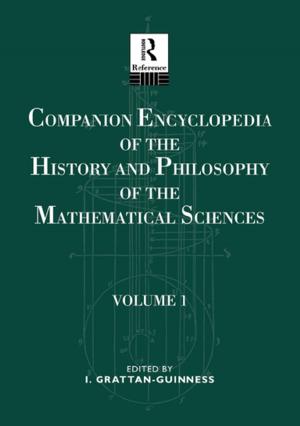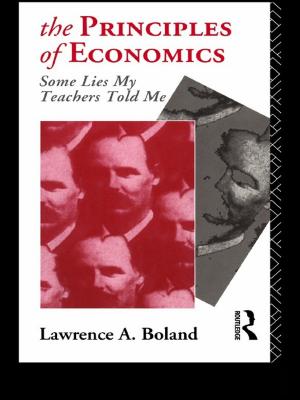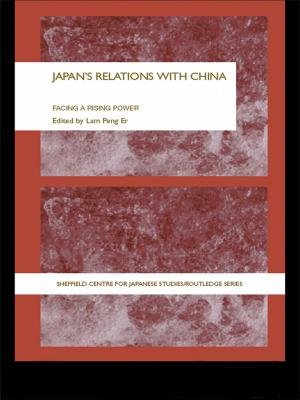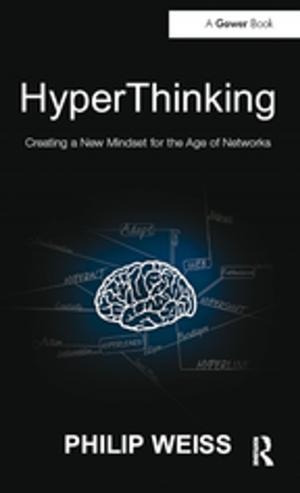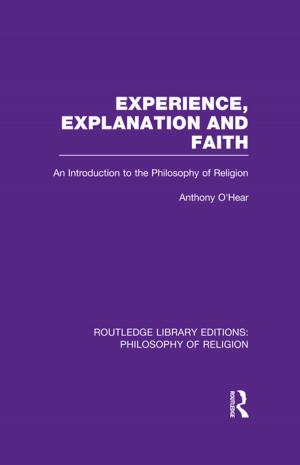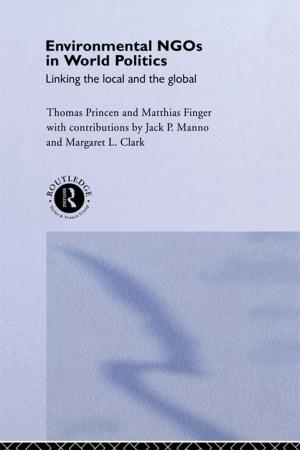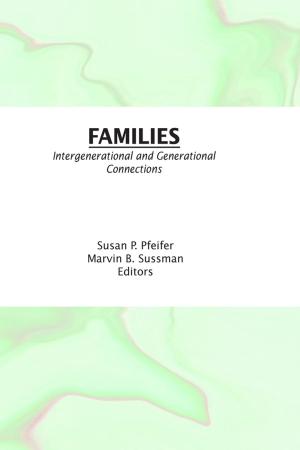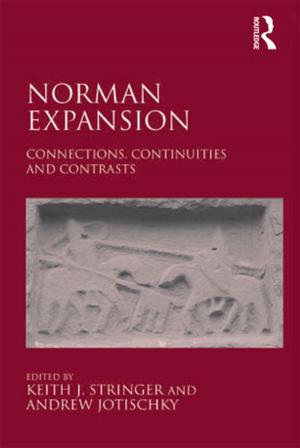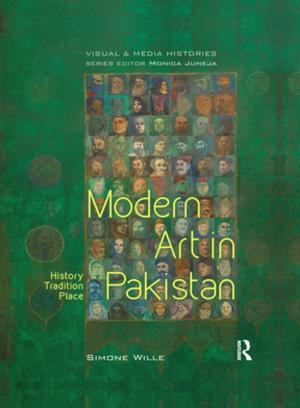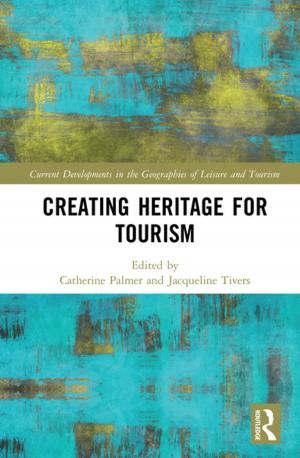| Author: | ISBN: | 9781317198635 | |
| Publisher: | Taylor and Francis | Publication: | April 19, 2018 |
| Imprint: | Routledge | Language: | English |
| Author: | |
| ISBN: | 9781317198635 |
| Publisher: | Taylor and Francis |
| Publication: | April 19, 2018 |
| Imprint: | Routledge |
| Language: | English |
In 1999 the UN instituted the Program of Action on a Culture of Peace, leading to the Declaration of the International Decade for the Promotion of a Culture of Peace and Non-Violence for the Children of the World 2001-2010. This represented a paradigm shift away from the prevailing conceptualization of peace as ‘the absence of war’ to one of ‘creating cultures of peace’, and indicated a significant opening for peace educators and the expansion of their mission and field in peace research and scholarship.
This book seeks to address several questions about the emergence, present state, and future of the field of peace education, and to ground the definition of the discipline in its origins – origins deeply set in informal grassroots movements of concerned citizens, faith-based communities, and professional organizations who work for peace, as well as those working in formal institutions. These origins are vital in imparting identity, and in nurturing the current growing collective consciousness that combines the academic discipline and the worldwide peace movement – a collective that can unify, fuel, and inspire dialogue among scholars, researchers, activists, educators, government leaders, and the myriad of individuals committed to creating cultures of peace throughout the world. This book was originally published as a special issue of the Journal of Peace Education.
In 1999 the UN instituted the Program of Action on a Culture of Peace, leading to the Declaration of the International Decade for the Promotion of a Culture of Peace and Non-Violence for the Children of the World 2001-2010. This represented a paradigm shift away from the prevailing conceptualization of peace as ‘the absence of war’ to one of ‘creating cultures of peace’, and indicated a significant opening for peace educators and the expansion of their mission and field in peace research and scholarship.
This book seeks to address several questions about the emergence, present state, and future of the field of peace education, and to ground the definition of the discipline in its origins – origins deeply set in informal grassroots movements of concerned citizens, faith-based communities, and professional organizations who work for peace, as well as those working in formal institutions. These origins are vital in imparting identity, and in nurturing the current growing collective consciousness that combines the academic discipline and the worldwide peace movement – a collective that can unify, fuel, and inspire dialogue among scholars, researchers, activists, educators, government leaders, and the myriad of individuals committed to creating cultures of peace throughout the world. This book was originally published as a special issue of the Journal of Peace Education.
